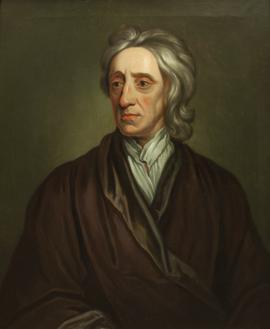- GB-2014-WSA-09636
- Person
- 1586-1646
HOWARD, THOMAS, 2ND EARL OF ARUNDEL, only son of Philip Howard, 1st Earl of Arundel (attainted 1589), and Hon. Anne Dacre, dau. of Thomas Dacre, 5th Baron Dacre of Gillesland; b. 7 July 1586; at school under Camden (Lloyd, Memoirs, 1677, 284; Mary F. S. Hervey, Life and Correspondence and Collections of Thomas Howard, Earl of Arundel, 1921, 15); said to have gone to Trinity Coll. Cambridge, but there is no record of his admission; restored to father’s titles of Earl of Arundel and Surrey 6 Jul 1603, and restored in blood 18 Apr 1604; introduced at court 1605; Lord Lieutenant, Sussex 1608; travelled on European continent 1609-10, acquiring an appreciation of art; installed KG 13 May 1611; Lord Lieutenant, Norfolk 18 Apr 1615; conformed to Church of England 25 Dec 1615, having previously been a Roman Catholic; Privy Councillor 16 Jul 1616; presided over committee of House of Lords in Bacon’s case Apr 1621; one of joint Commissioners of Great Seal 3 May – 10 Jul 1621; Earl Marshal of England from 29 Aug 1621; owing to his son’s clandestine marriage with Lady Elizabeth Stuart and his undisguised hostility to Duke of Buckingham, Arundel incurred displeasure of Charles I and was twice placed under restraint; restored to Privy Council in 1628 after reconciliation with King; Justice in Eyre, North of Trent, from 25 Feb 1634; sent on unsuccessful mission to Emperor Apr-Sep 1636 to urge the return of the Palatinate to the King’s nephew; General in command of army against Scots 1638; Lord Lieutenant, Cumberland 1639; Lord Steward of Household 12 Apr 1640 – Aug 1641, resigned; presided as Lord High Steward in trial of Earl of Strafford spring 1641; left England Feb 1642 and went abroad, settling in Padua, Italy; while abroad said to have contributed no less than £54, 000 to Royalist cause; his personal estate was sequestrated by Parliament; created Earl of Norfolk 6 Jun 1644; the first Englishman to form a large collection of works of art and was described by Horace Walpole as “the father of vertu in England”; the bulk of his collection of classical sculpture (the “Arundel Marbles”) was presented by his grandson to Oxford University in 1667; m. Sep 1606 Lady Aletheia Talbot, third dau. of Gilbert Talbot, 7th Earl of Shrewsbury; d. at Padua 24 Sep 1646. DNB.

